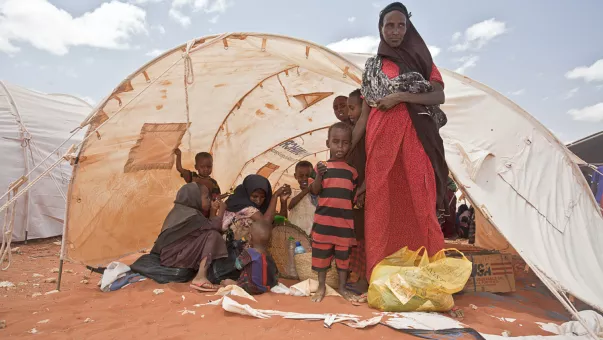
Ethiopia: CẢI THIỆN NHÂN ĐẠO SỚM CẢNH BÁO HÀNH ĐỘNG SỚM
In Ethiopia, where flooding and severe droughts happen regularly, early warning systems and early action can reduce…
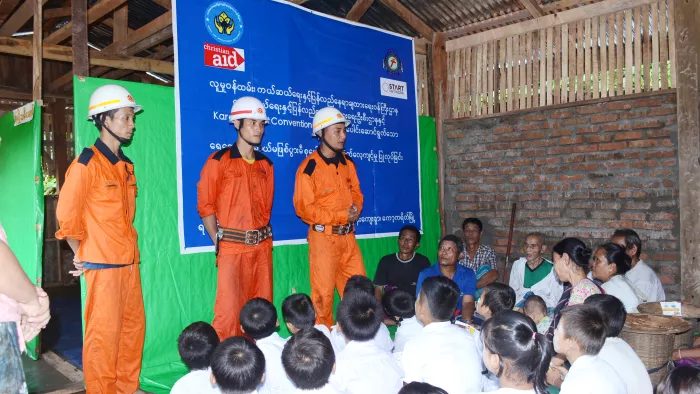
The Disasters and Emergencies Preparedness Programme was a three-year programme that developed effective humanitarian response where it was needed the most. It aimed to improve the way countries coped with people caught up in a disaster or conflict. DEPP was one of the largest investments of its kind and was funded by UK Aid and managed collaboratively by the CDAC and Start Networks, leveraging the expertise of more than 50 member organisations.
The collaborative approach taken by DEPP aimed to improve the quality and speed of humanitarian response at a national and local level by building the capacity of national actors who are predominantly the first responders to a disaster. DEPP projects were designed to build capacity in individuals, organisations and in systems.
To read more about the learning gained from the delivery of DEPP projects, please visit "disasterpreparedness.ngo"

In Ethiopia, where flooding and severe droughts happen regularly, early warning systems and early action can reduce…
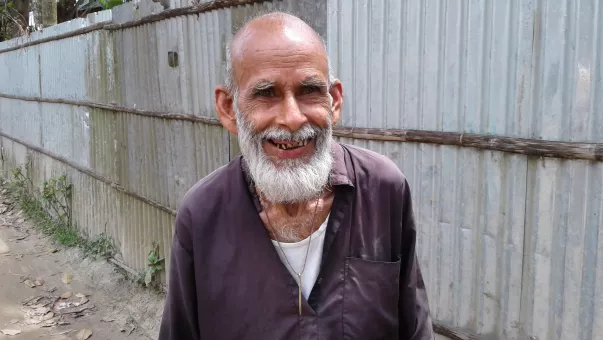
The Age and Disability Capacity (ADCAP) programme helped the humanitarian sector improve the quality of emergency responses…
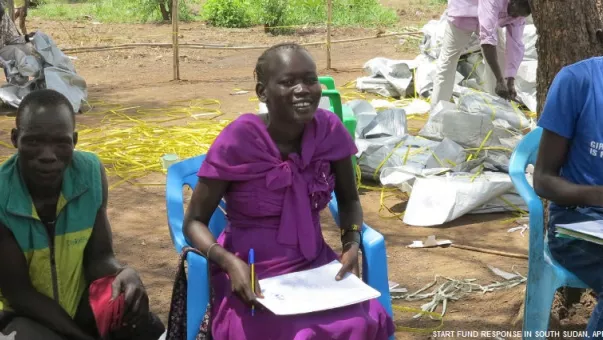
The ALERT project developed an innovative emergency preparedness system that helped humanitarian agencies respond with…
The Linking Preparedness, Response and Resilience (LPRR) project designed humanitarian interventions in ways that helped…
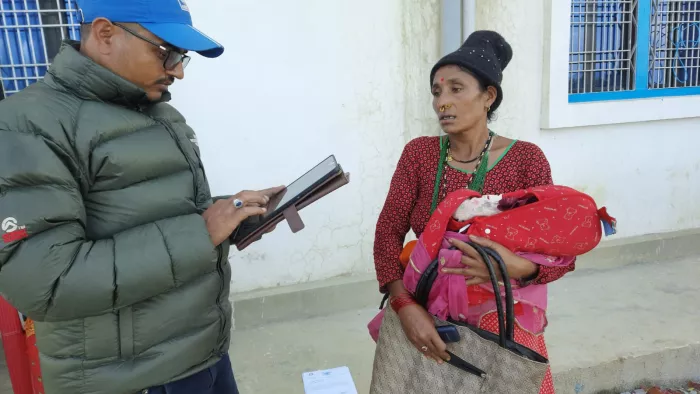
This project will create effective, joined up systems for monitoring, evaluation, and learning, creating new models and…
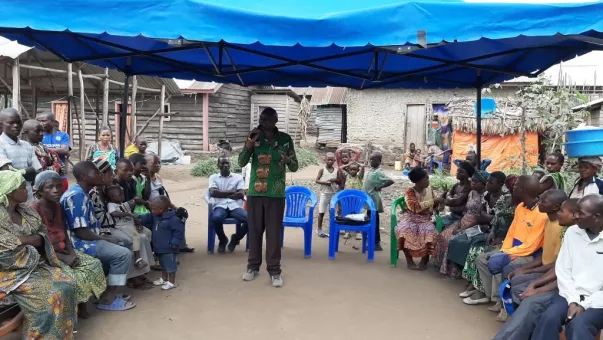
The Protection in Practice project built the capacity of national staff to deliver activities which ensured the protection of…
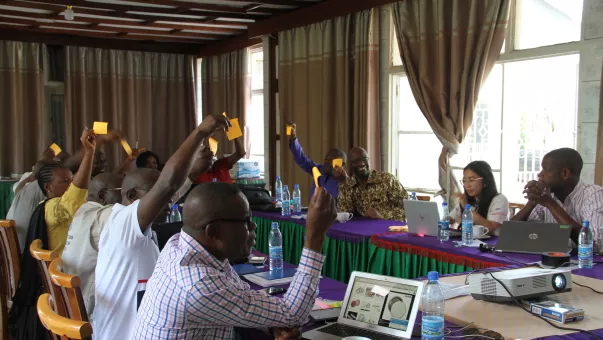
Less than 2% of all humanitarian funding goes directly to local aid organisations, despite their crucial role in crisis…
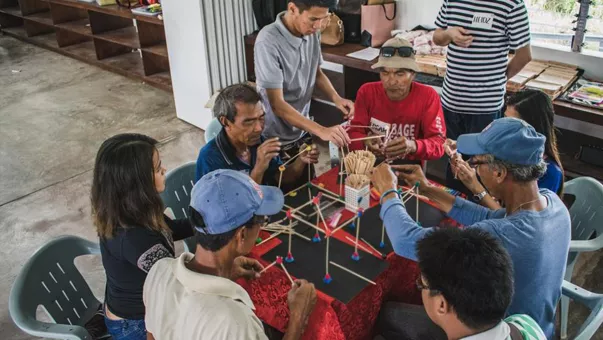
The Talent Development project helped build the capacity of people best placed to respond to humanitarian crises, enabling…
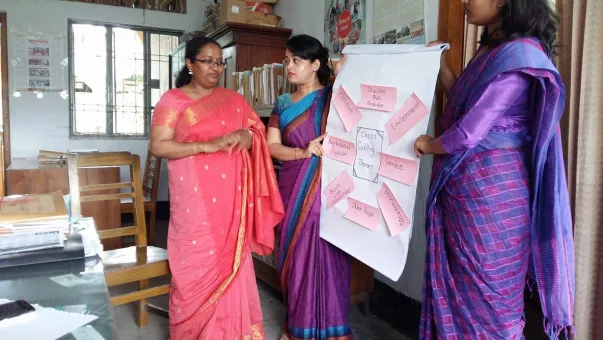
The Transforming Surge Capacity project made surge capacity more effective and efficient across the whole humanitarian sector…
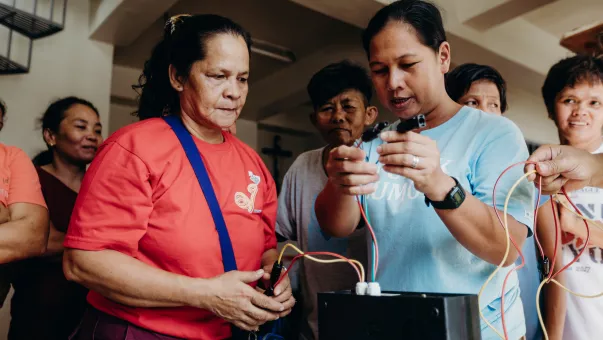
The Financial Enablers project aimed to create financial autonomy and opportunities for national non-governmental…
Improving preparedness and delivery of humanitarian assistance by focusing on information sharing and communication with…
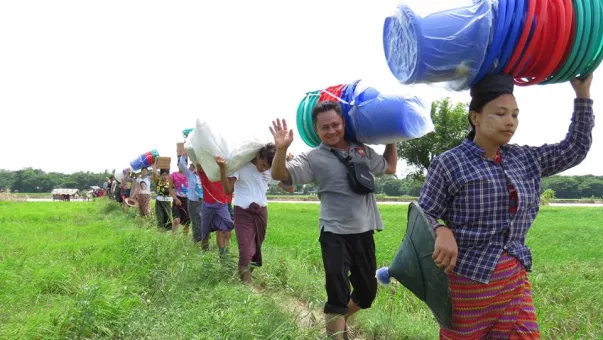
It was expected that communities in the Thanlwin Basin in southeast Myanmar would face an increasing number of extreme events…
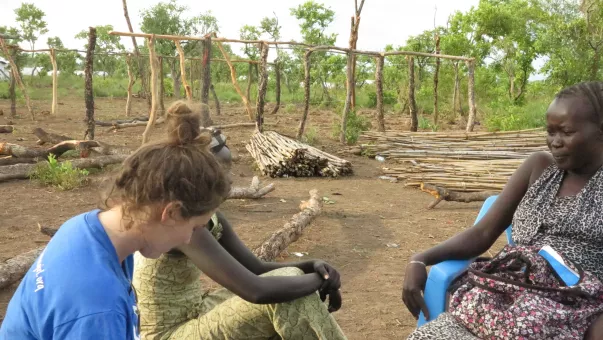
This project reduced morbidity and mortality rates caused by public health emergencies in Ethiopia’s Gambella region. We…
The Disasters and Emergencies Preparedness Programme worked with 45 partners around the world. Here's what some of them said about the programme.
Change is necessary in the way the humanitarian system works. Yes, it is true that [the humanitarian system] supports local organisations to promote human rights, to reach out internationally and to develop managerial capacities. But it is also a discriminatory system weakening the local civil society, while often substituting legitimate local organisations and local human resources at a much higher cost.Me Désiré Bwa'ale, Programme Manager at SOPROP, local partner of the DEPP Protection in Practice project in DRC
Capacity by itself is not enough. Enabling environments and resources are necessary to express them concretely. That includes psychological, political and organisational environments.Fa fa Olivier Attidzah, Head of UNHCR Goma office, member of the DEPP Learning Hub in Democratic Republic of Congo
There is a wealth of raw capacities available locally. However it is rarely solicited.Brigitte Mapendo, Capacity builder at MDF-Goma, working with BIOFORCE for DEPP Talent Development project in Democratic Republic of Congo
Local organisations should rise to the challenge and emulate international NGOs and ‘big players’ to access available resources. But the system should also be able to acknowledge and value local capacities in their own rights – as they form eventually the ground for sustainable resilience to disasters.Arsene Kireho, Project Manager at CAFOD, DEPP Shifting the Power project in Democratic Republic of Congo